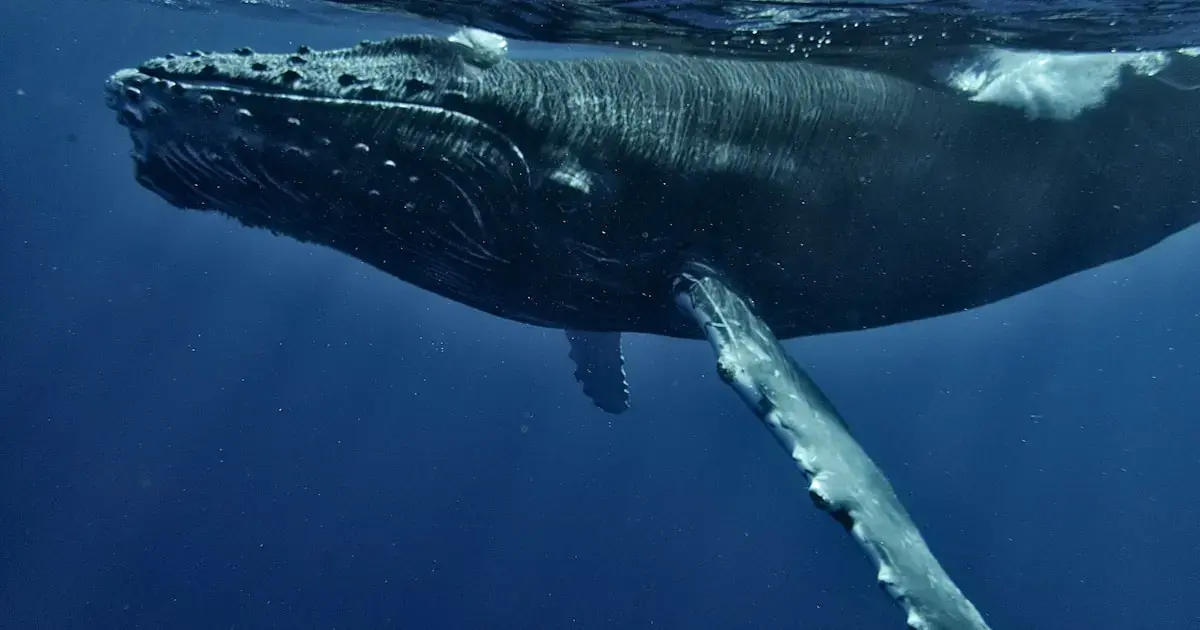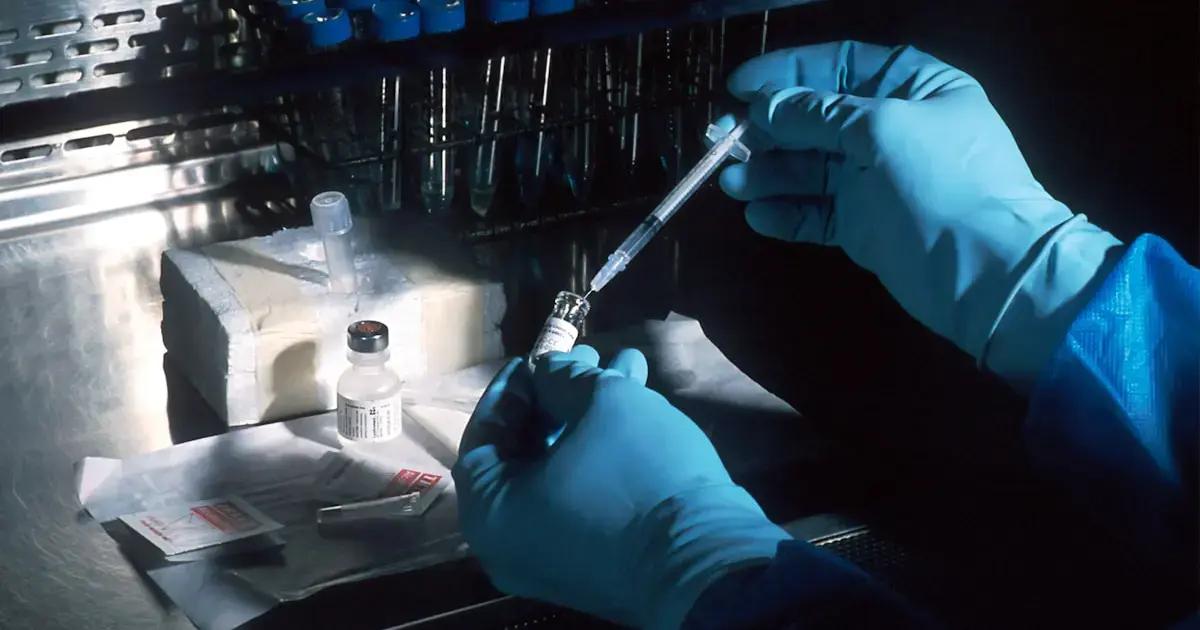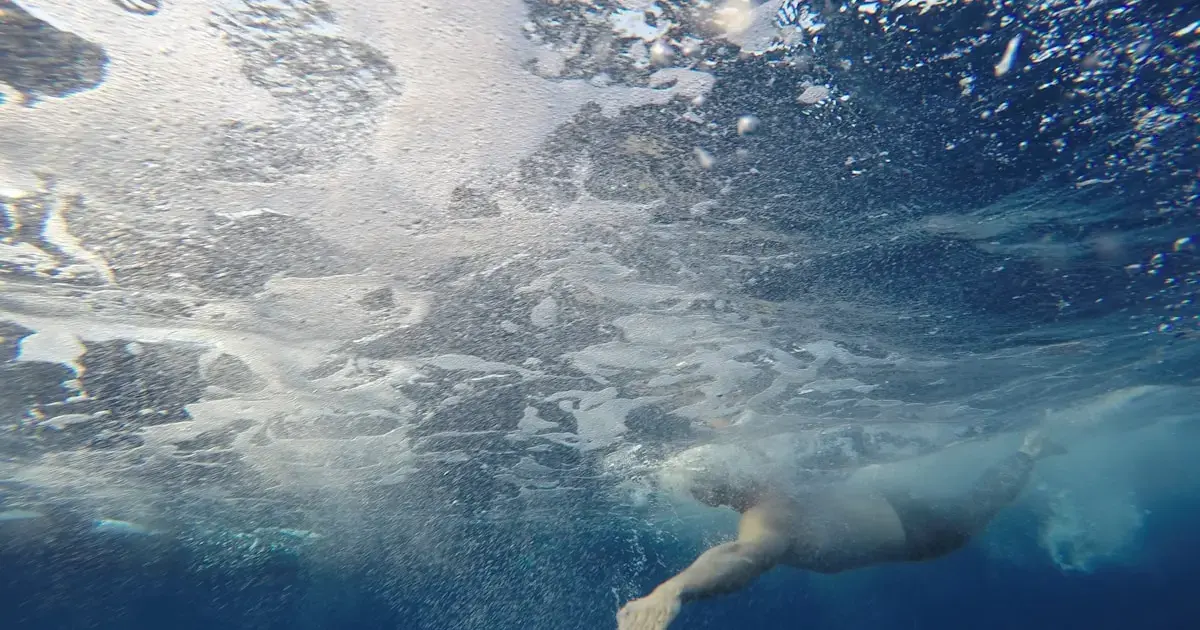 Greenland whales (Balaena mysticetus) hold the record for among mammals. A team of biologists from the University of Rochester in New York has discovered a unique mechanism in these whales that is activated by cold water, shedding light on the secret behind their long lives. This mechanism is linked to an extraordinary ability to repair DNA defects, as reported by The Guardian.
Greenland whales (Balaena mysticetus) hold the record for among mammals. A team of biologists from the University of Rochester in New York has discovered a unique mechanism in these whales that is activated by cold water, shedding light on the secret behind their long lives. This mechanism is linked to an extraordinary ability to repair DNA defects, as reported by The Guardian.
What Did the Scientists Discover?
Researchers have long been intrigued by the phenomenon of the Greenland whale, which lives longer than any other . However, until now, they had not been able to determine what accounts for the longevity of these 80-ton giants.
Now, the researchers have finally unraveled this mystery by studying tissue samples from the species Balaena mysticetus. The secret lies in their “highly precise and efficient repair of DNA breaks,” the scientists confirmed. This discovery has sparked hope for promoting healthy in humans, as well as protecting their organs and tissues during surgeries and transplants.
in all living organisms becomes damaged over time. Cells attempt to repair these defects, but they are not always effective. As a result, mutations accumulate, increasing the risk of cancer and accelerating aging.
The team of biologists found that Greenland whales are particularly adept at handling DNA damage when both strands of the double helix are broken. Consequently, these whales have fewer mutations. “We found that this DNA repair is crucial for long life,” the researchers noted.

Experiments on whale cells showed that a protein called CIRBP is responsible for repairing their DNA, which is activated by cold temperatures. Greenland whales live in Arctic waters and produce 100 times more CIRBP than humans.
“This mechanism does not destroy damaged cells but diligently repairs them, which may contribute to the exceptional longevity and low cancer rates in Greenland whales,” the researchers wrote in a paper published in the journal Nature.
Further experiments on fruit flies demonstrated that increased levels of CIRBP extend their lifespan and make them more resistant to radiation, which causes mutations.
How Can This Knowledge Help Humans?
The team of scientists suggested that increasing CIRBP levels in human cells could have a similar effect. “Humans have the potential for improvement,” the researchers optimistically stated, emphasizing the need for further studies on this topic. In the meantime, biologists are breeding mice with elevated CIRBP levels to see how this affects the rodents’ lifespan.
The team also plans to investigate whether CIRBP levels rise in swimmers in cold water or those who take cold showers. “We need to determine if short-term exposure to cold is sufficient, but we will also be looking for pharmacological ways to achieve this goal, as not everyone is keen on swimming in icy waters,” the scientists explained.

Professor Gabriel Balmus, who studies DNA damage and repair at the British Institute for Dementia Research at Cambridge University, said: “Enhancing our cells’ ability to repair DNA could, in principle, slow aging and related disease processes. This idea is supported by more effective data obtained from studies on other species. However, transferring this effect to humans will not be straightforward and will require a balance between resilience to external influences and the body’s natural limitations regarding renewal.”
Photo: Unsplash
